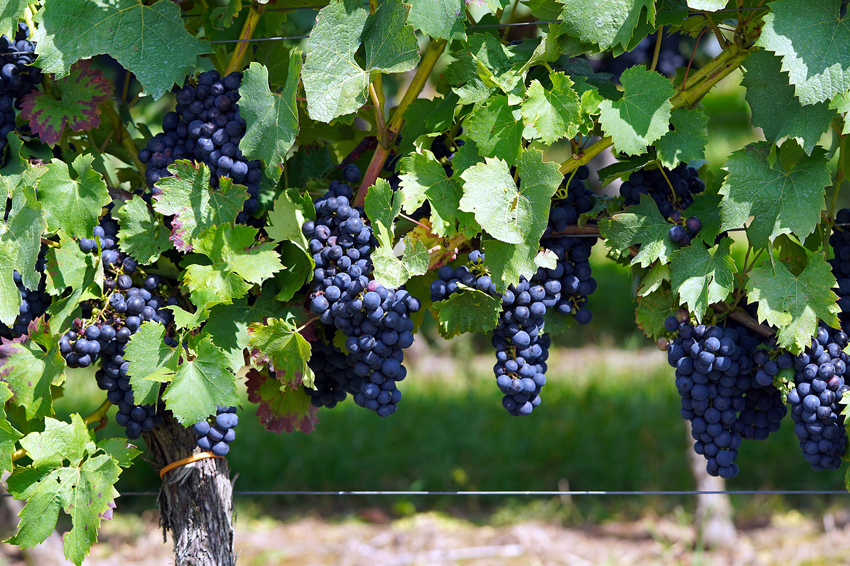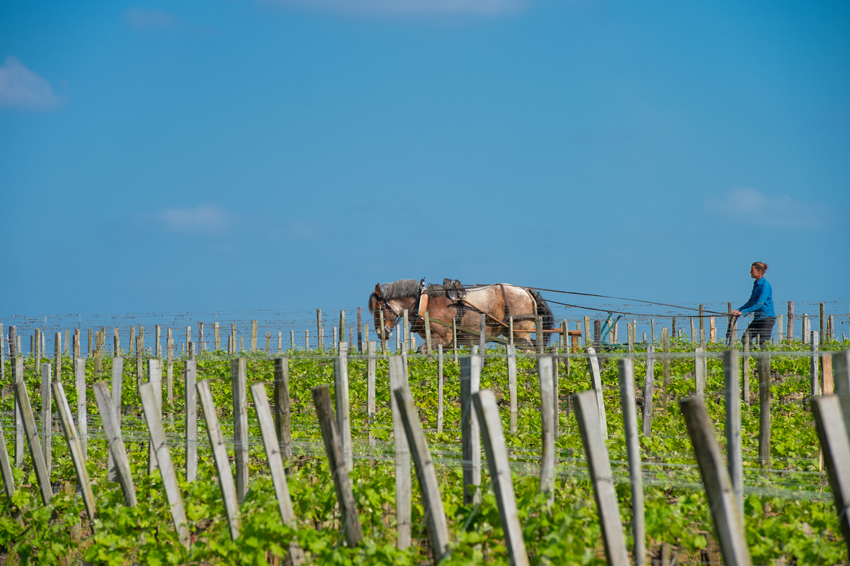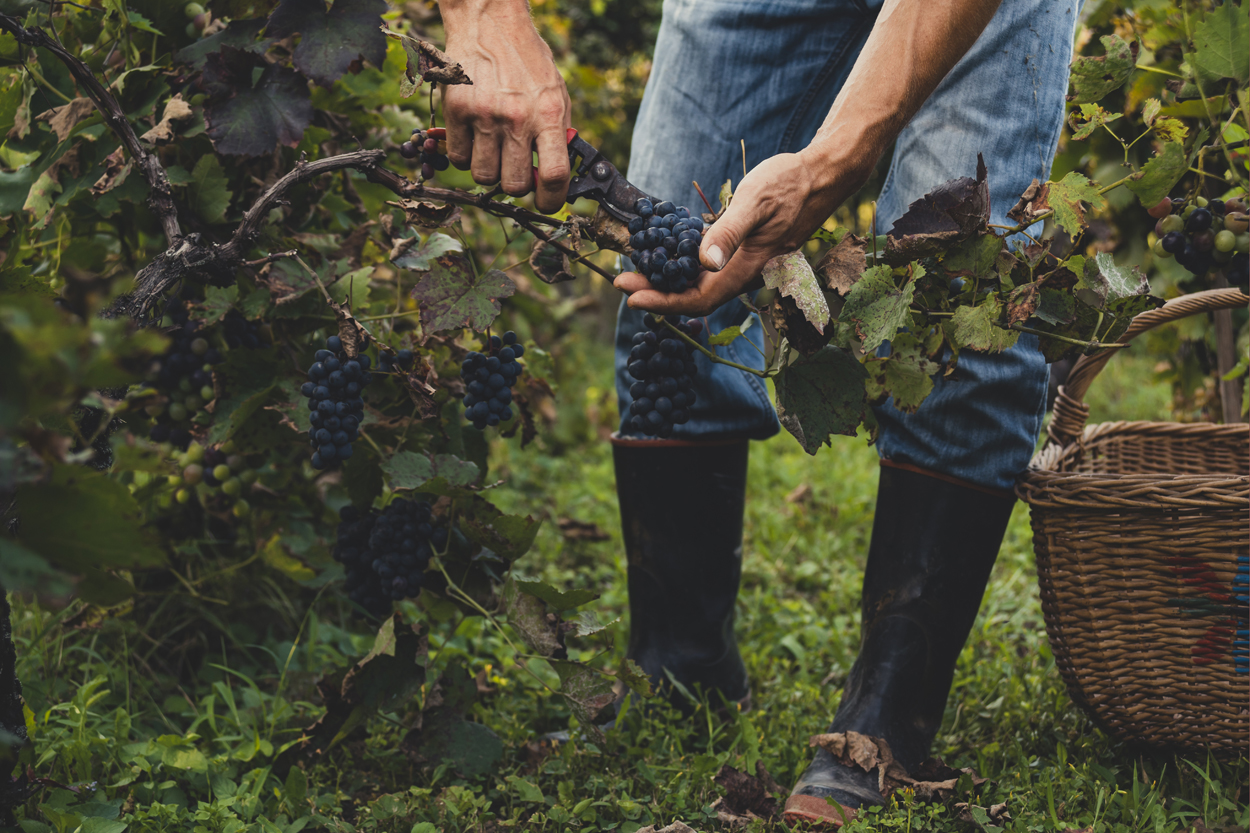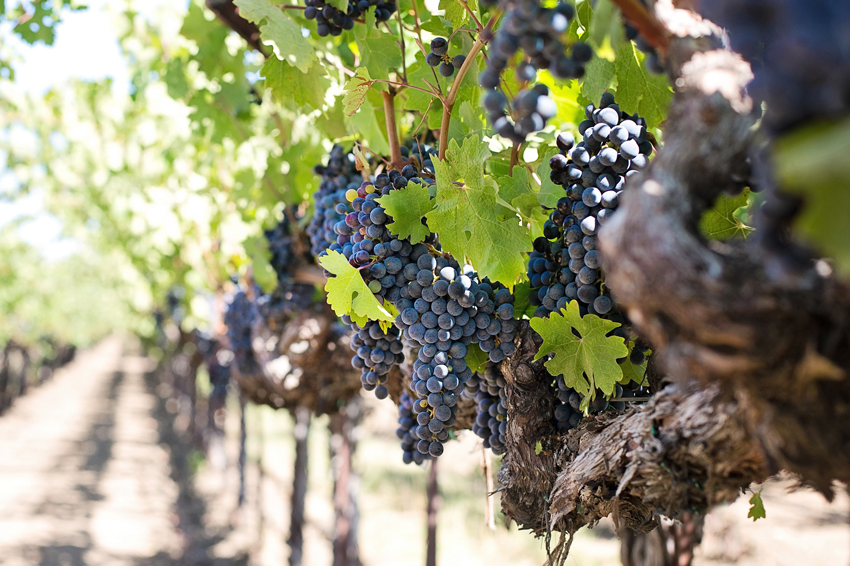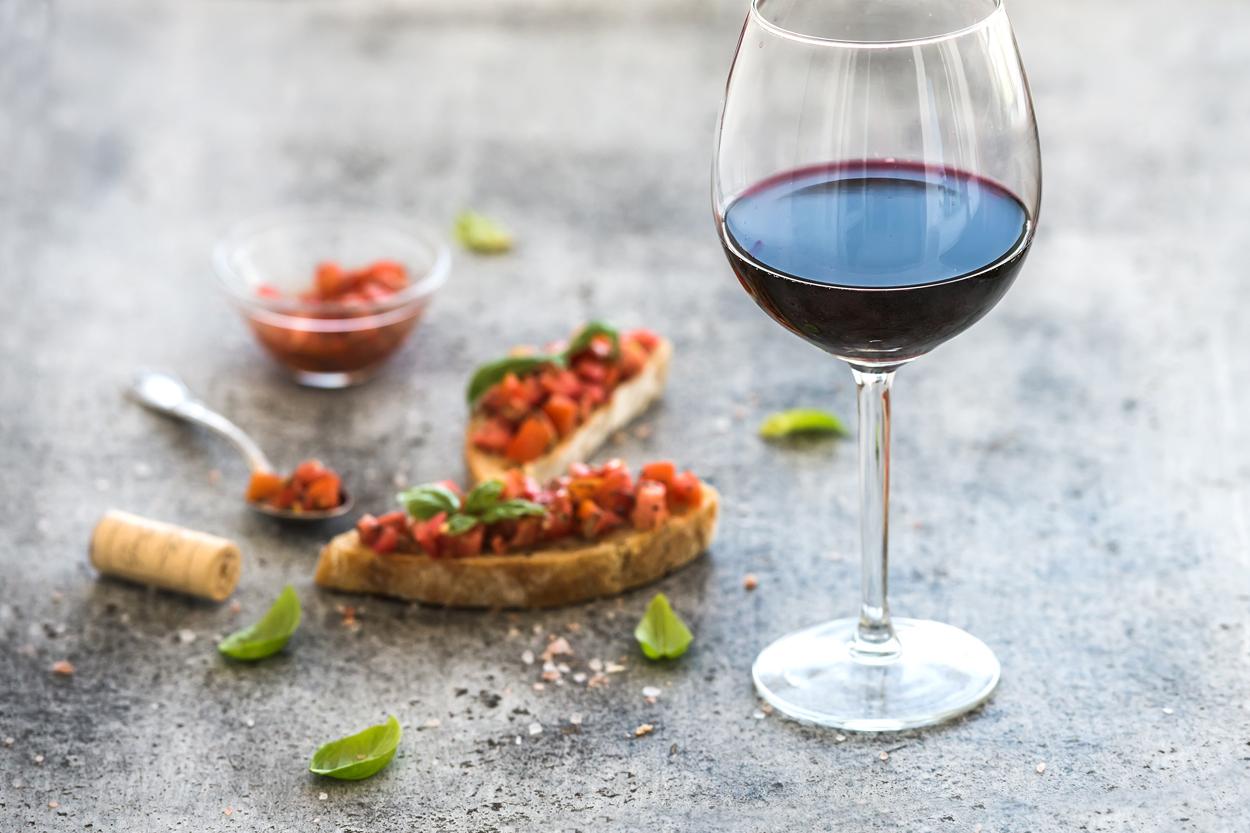Mindful wine making is the philosophy that great wines are made solely in the vineyard, rather than in the winery. There are many different forms of mindful wine making, which include organic, biodynamic as well as sustainable practices. There can be no denying that there has been a growing demand for a more mindful approach to both food and wine production over the last few years, yet how exactly are they made and what does it mean when it comes to wine making?
Organic
Organic wine is made from grapes grown without the use of man-made chemicals such as artificial fertilisers, chemical herbicides and synthetic insecticides or pesticides. The ultimate aim of organic viticulture is to use alternative methods to conventional wine making to increase vineyard biodiversity and improve soil quality. This can be done in a number of ways from managing the vine canopy correctly to reduce disease pressure, using cover crops to promote microbial life as well as the introduction of livestock, predator pests and natural remedies to remove pests from the vineyard.
In 2012 the EU created the “organic wine” term and leaf logo, which co-incided with new regulations for organic wine making for the first time. The main focus was primarily on limiting the use of specific additives, namely the authorised maximum amount of Sulphur Dioxide (SO2).
Anyone can practice organic wine making, however, to label a wine as organic you must be certified. There are regulatory boards who conduct the certification, such as Ecocert in France.


Biodynamic
When it comes to biodynamic wine production, think of an organic wine taken to the next level in terms of preparation and care for the environment. The concept was created in the 1920’s by Austrian philosopher, Rudolf Steiner, who thought all agricultural practices (including vineyards) should be self-sustaining through the integration of crops and livestock to create a closed-loop system of fertility. The term comes itself is derived from the words: ‘bio’, meaning life, and ‘dynamic’, meaning forces.
Steiner created nine preparations that are central to theory of biodynamics, all with the intention of improving vineyard biodiversity and health. All nine preparations must be adopted in order to become certified organic. The most popular and well-known preparation is a cow horn filled with manure (preferably from local cows raised organically or biodynamically), which is buried during winter months. It is then dug up, mixed with water to create a solution and then spread as a fertiliser to invigorate the vineyard. This is more commonly known as preparation 500.
In addition to the nine preparations, Steiner also believed natural forces work in harmony with the earth’s natural rhythm. There is an important celestial calendar to follow with four categories representing crucial stages of vine growth; fruit, root, flower and leaf. The main certification governing body member is called Demeter, based in Germany.
As expected, there is a lot of scepticism and controversy about biodynamics as there is no scientific proof to support the philosophy. However, many who adopt the practice do remark that they see an improvement in vine and soil health.


Sustainable
Sustainable viticulture takes a more pragmatic and realistic approach to wine production than organic and biodynamic practices by being as environmentally friendly as possible, yet accepting that at certain moments, compromises must be made. For example, in a situation where it’s the choice between spraying a chemical such as pesticides or risk losing a large part or all of your crop, then spraying would be the practical choice. This is what is known as “lutte raisonée” or a reasoned fight.
Unsurprisingly sustainable wine making, unlike organic and biodynamic, is much less strict when it comes to certification. There are not necessarily regulations, rather more guidelines or recommendations that are overseen by certification bodies with links to local governments.


Vegan
As people become more conscious about what they eat and where it comes from, there has also been a rise in demand for vegan wines. You might think that as wine is made from grapes, it is already vegan friendly?
Unfortunately, not. The reason that all wines aren’t vegan friendly is a result of the clarification process known as ‘fining’. During the wine making process, youthful wines contain high volumes of molecules ranging from yeasts and proteins to tartrates and tannins that although are not harmful, cause the wine to be hazy. As a result, traditional fining agents are used such as casein (milk protein), albumin (egg white), gelatin (animal protein) and isinglass (fish bladder protein).
Don’t worry, there are vegan-friendly ways to clarify wines such as bentonite, limestone, carbon as well as plant casein. Alternatively, the move toward natural wine making methods, where nature takes its course and the wine self-stabilises, continues to grow from strength to strength.


To shop all of our organic and biodynamic wines, click here.
To Shop all of our vegan wines, click here.
If you would any further information on mindful wine making or recommendations, please do contact me on andrew@bcfw.co.uk or 01325 776446. I’d be more than happy to help!

